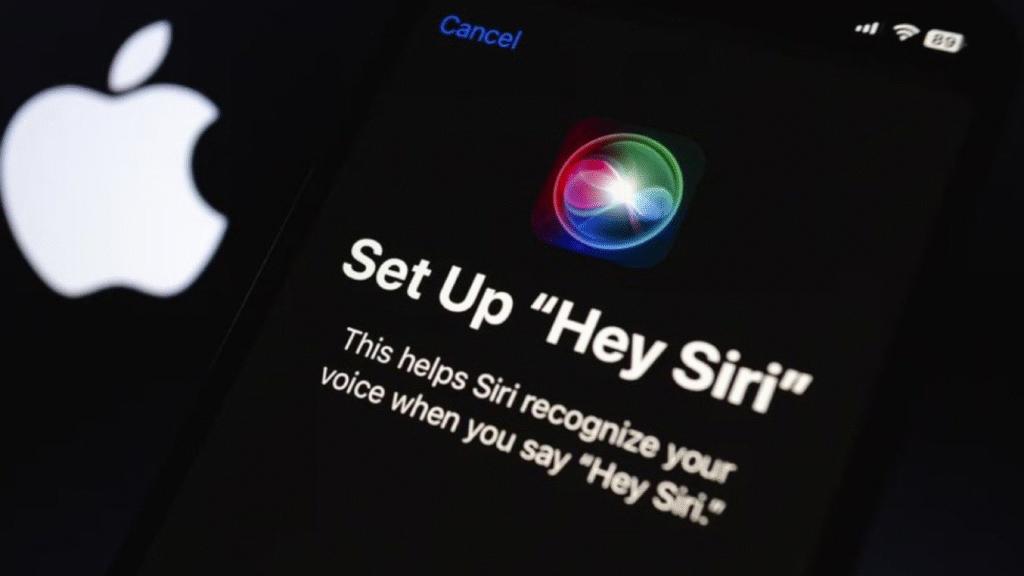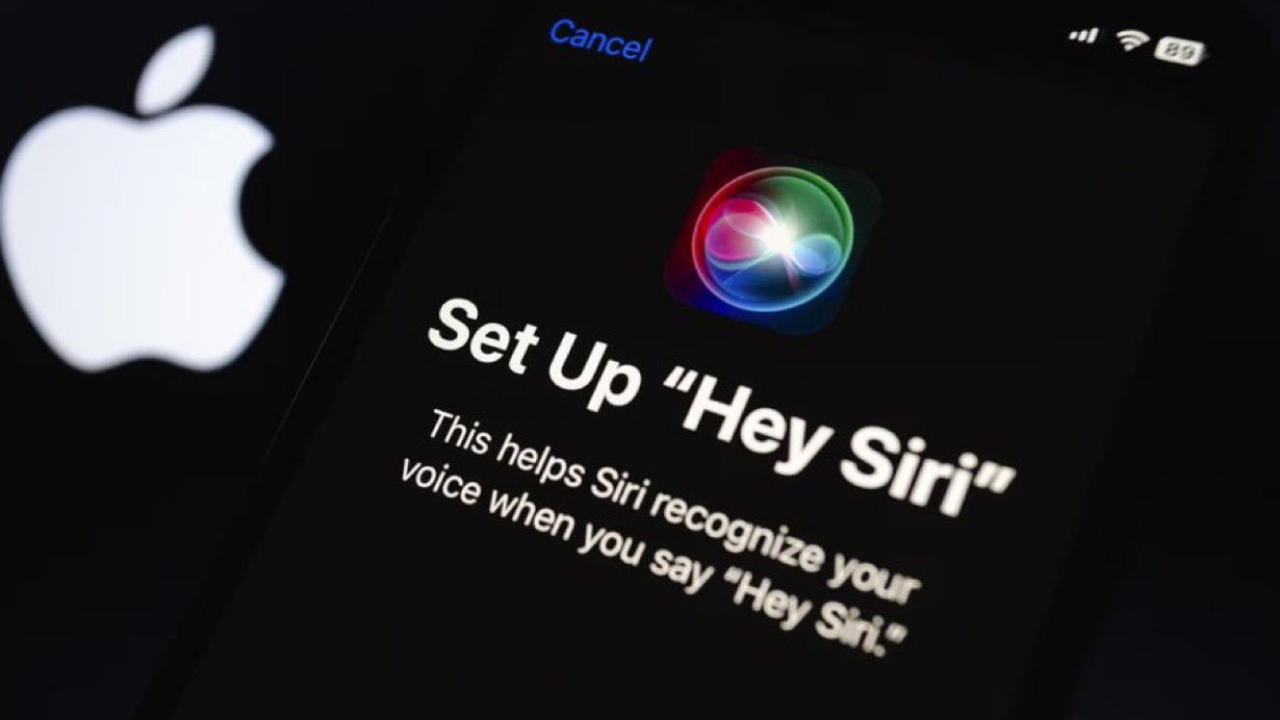
Voice assistants like Amazon’s Alexa, Apple’s Siri, and Google Assistant have revolutionized how we interact with technology. From setting reminders to controlling smart homes, they offer unparalleled convenience. But there’s a growing concern: are these handy tools listening a little too closely?
In this article, we dive deep into the dual nature of voice assistants—balancing the convenience they provide against the very real threats to privacy. Are they just helpful companions, or Trojan horses for constant surveillance?
📌 Overview Table: Convenience vs. Surveillance
| Aspect | Benefit | Concern | Example | Impact |
|---|---|---|---|---|
| Hands-Free Control | Effortless control of devices via voice | May activate unintentionally and record private info | Alexa responding to non-wake words | Convenience & Risk |
| Personalized Assistance | Reminders, schedules, news updates | Data used for targeted advertising | Google Assistant pushing calendar alerts | Productivity vs. Privacy |
| Smart Home Integration | Lights, locks, thermostats with a command | Devices always listening for wake word | Alexa listening in a smart home environment | Comfort vs. Exposure |
| Data Collection | Learns preferences over time | Records stored on servers with unclear policies | Voice history in Amazon’s cloud | Customization or Surveillance |
| Third-Party Access | Expands capabilities via skills/apps | Risk of data leaks via third-party apps | Malicious Alexa skills collecting data | Convenience vs. Security |
The Perks of Voice Assistants
Voice assistants are deeply embedded in modern digital life. Their ability to streamline tasks, provide instant information, and integrate with smart devices has redefined user convenience.
1. Always-On Help
Voice assistants are designed to respond instantly, providing help hands-free. Whether you’re cooking and need a recipe or driving and want directions, the ability to simply ask a question and receive a response improves multitasking and reduces friction.
2. Smart Home Integration
They link with other smart devices—thermostats, lights, security systems—to create a cohesive smart home. A single voice command can dim the lights, lock the door, or change room temperature, creating a futuristic living environment.
3. Personalized Services
By learning from user behavior, voice assistants adapt to habits. They offer traffic updates before your commute or remind you of meetings. This proactive assistance saves time and increases efficiency.
The Surveillance Concerns
Despite their convenience, voice assistants are raising red flags about privacy. The always-on nature of these devices means they are constantly listening for wake words—sometimes capturing conversations inadvertently.
1. Unintentional Listening
Voice assistants don’t always wait for “Hey Siri” or “Alexa.” Misinterpreted triggers can lead to accidental recordings. These audio clips are often sent to the cloud and stored, raising questions about consent.
2. Data Collection and Storage
Everything spoken to a voice assistant is data. That data is stored, analyzed, and potentially shared with third parties. While companies claim this is to improve services, the user has limited control or visibility over how their data is used.
3. Hacking and Security Risks
Because they’re connected to the internet and often control critical home functions, voice assistants can be targeted by hackers. A compromised assistant can give outsiders access to private data or even control over your home.
4. Third-Party Skill Vulnerabilities
Voice assistants often support third-party apps or “skills” which may not be as secure as the main platform. There have been instances of malicious apps masquerading as legitimate ones to collect sensitive information.
Balancing Act: Can We Have Both?
The debate is no longer just about convenience vs. privacy—it’s about how we balance the two. Some possible solutions include:
- Manual Mute Options: Most devices have physical mute buttons. Regularly using them can offer better control.
- Custom Wake Words: Allowing custom wake commands may reduce false activations.
- Privacy Settings: Regularly reviewing what data is collected and opting out where possible helps reduce data exposure.
- Transparency by Companies: Tech giants must be transparent about how data is used and stored, and provide clear opt-out options.
Case Studies: What Really Happens?
Case 1: Alexa Records Private Conversation
In one widely reported case, Alexa recorded a couple’s private conversation and sent it to a contact. Amazon claimed it was a series of mistaken commands, but the incident sparked widespread alarm.
Case 2: Google Employees Listening In
In 2019, Google admitted that its contractors listened to audio clips to improve speech recognition. Some clips captured sensitive or personal content—even though users weren’t aware of it.
Who Should Be Most Concerned?
| User Group | Risk Level | Why |
|---|---|---|
| Families with Children | High | Sensitive data and children’s privacy at risk |
| Remote Workers | Medium | Risk of business-related discussions being recorded |
| Tech Enthusiasts | Low to Medium | More likely to adjust privacy settings |
| Seniors | Low | Enjoy convenience, but may be unaware of risks |
| Smart Home Users | High | Multiple connected devices increase exposure |
Final Thoughts
Voice assistants are no doubt powerful tools—but they come at a price. The comfort of saying “turn off the lights” without lifting a finger might be undermined by the risk of someone else listening in. While manufacturers are improving transparency and controls, the responsibility still lies largely with the user.
In an era where convenience often trumps caution, it’s critical to remain informed, review device settings, and strike a balance between utility and personal privacy.
Top 3 Quick FAQs
Q1: Are voice assistants always listening?
Yes, they are always listening for wake words, but can accidentally record other conversations.
Q2: Can I delete my voice assistant history?
Yes. Most platforms allow you to review and delete voice recordings in settings.
Q3: Is it safe to use voice assistants for banking or personal data?
It’s risky. Avoid sharing sensitive data verbally unless you’re sure it’s secure and not being recorded.

